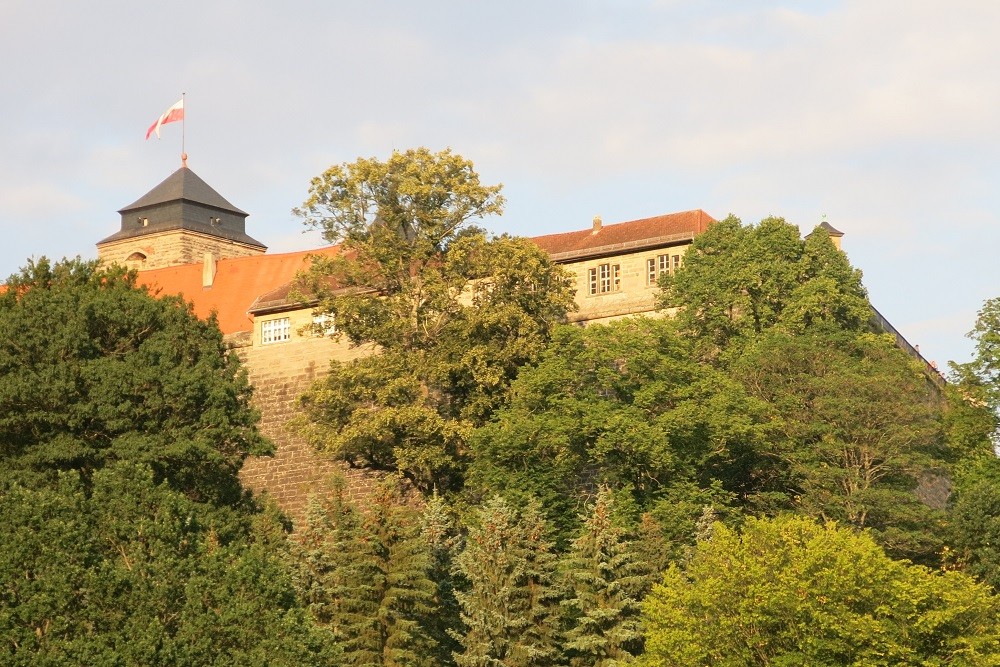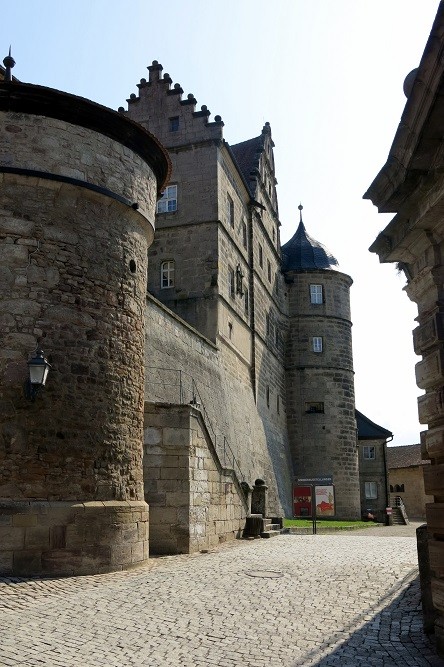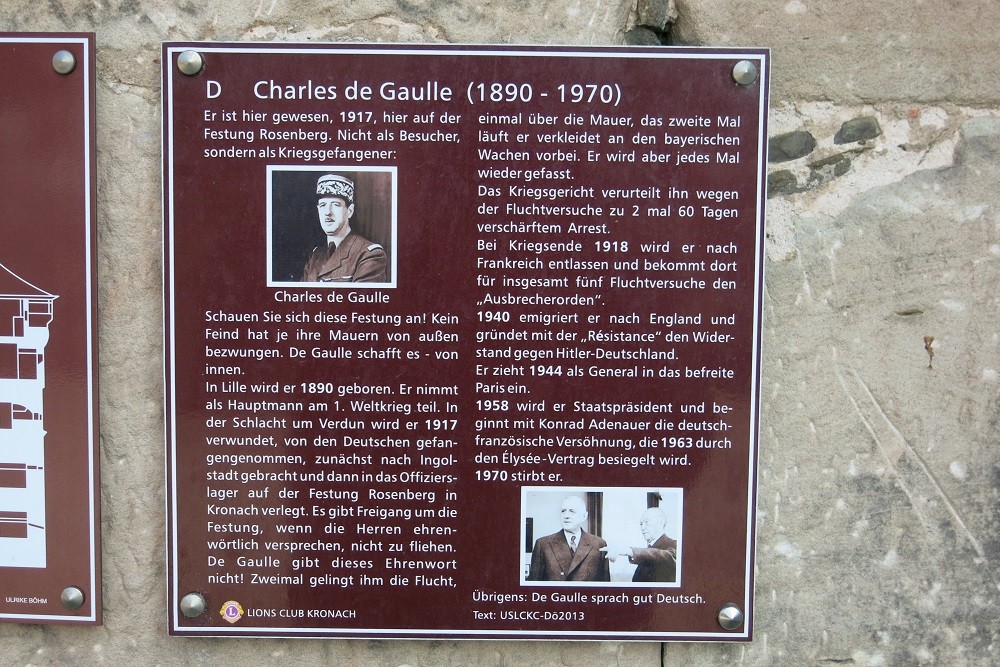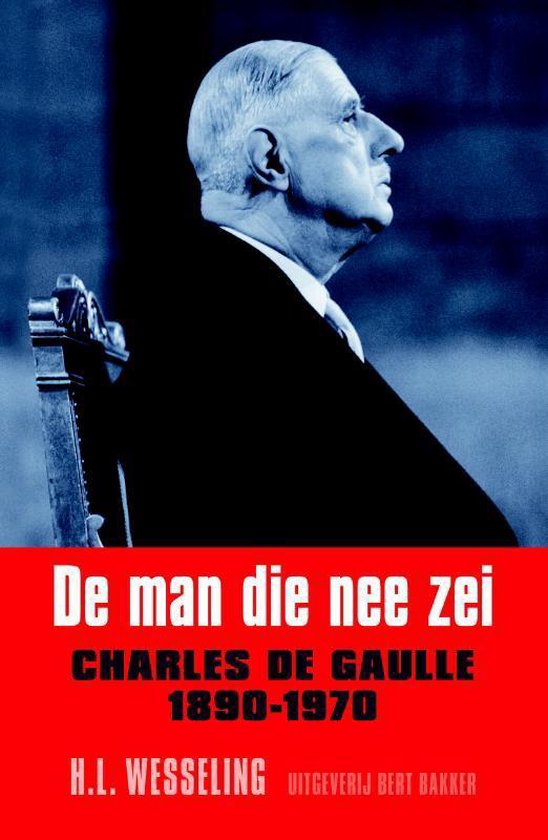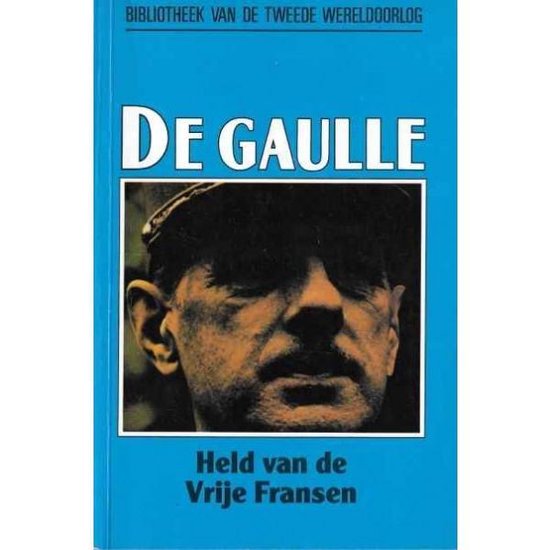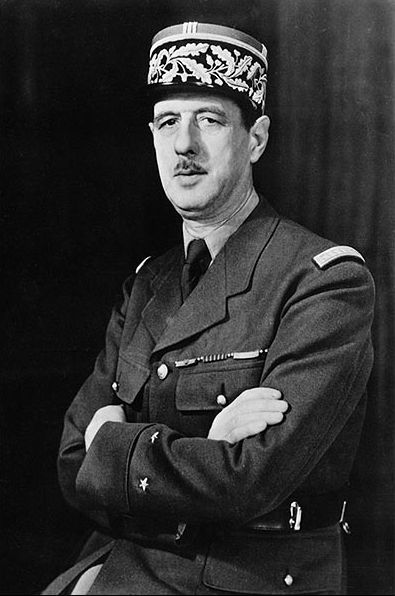Fortress Rosenberg
During the First World War, the Bavarian army maintained a prisoner of war camp for officers in the fort. In the four years that the camp existed, there were a total of 98 French officers and 24 soldiers, 206 Russian officers and 64 soldiers, 29 English officers, as well as a Belgian officer and eight soldiers. Compared to the humble crew members, the officers enjoyed several benefits in terms of accommodation and food. In addition, they were allowed to walk outside the ramparts if they gave their word of honor not to try to escape. Breaking this parole was punishable by death under the Military Penal Code. Officers captured from July 20 to November 21, 1917 included French Captain Charles de Gaulle, who later became general and president of France. De Gaulle did not give the required parole and after two escape attempts, each of which he was punished with 60 days of aggravated arrest, he was transferred to a camp in the fortress of Ingolstadt and later to the Wülzburg near Weißenburg in Bavaria.
During World War II, from 1942 to 1944, Rosenberg served as a labor camp housing Polish and Soviet forced laborers who were used to manufacture industrial porcelain at the Rosenthal Porcelain Factory in Kronach. By the end of World War II, parts for the Messerschmitt Me 163 missile fighter would be produced at the fort under the code name "GeKro" (Kronach prison). To this end, the Todt organization has made several changes to the casemates of the bastions St. Lothar and St. Philipp and concrete work has been carried out between Contregarde Carl and Waffenplatz Philipp. However, the planned production halls were never completed and put into use, largely sparing the fort and town from bombing by Allied bombers.
Do you have more information about this location? Inform us!
Source
- Text: TracesOfWar
- Photos: Martin Haslebacher
